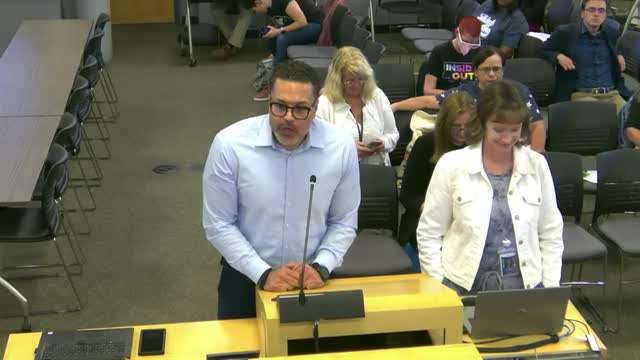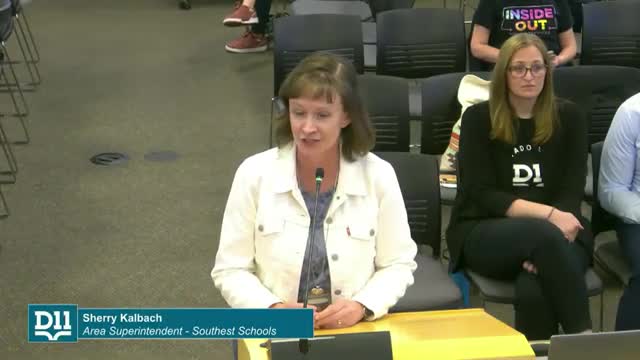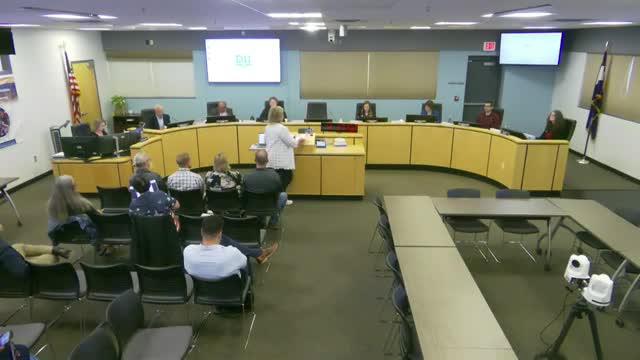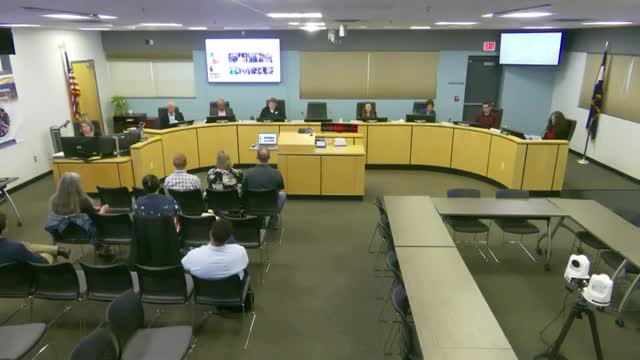Article not found
This article is no longer available. But don't worry—we've gathered other articles that discuss the same topic.

Three charter applications reviewed: East Hills, Spruce Community and Gateway for Success

State board accepted Mitchell High School innovation plan; local board told plan aims to raise instruction quality

Trustees approve roof contract, authorize $4.175M property purchase and approve sale of charter building

